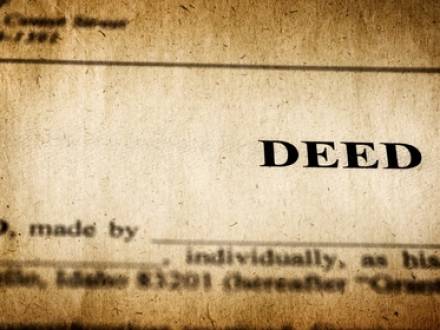 Serving Denton County Since 1992 | 6021 Morriss Rd., Suite 101, Flower Mound, TX, 75028
Serving Denton County Since 1992 | 6021 Morriss Rd., Suite 101, Flower Mound, TX, 75028

MERP: Can the State of Texas Take Your Home After Death?
 Across the nation, Medicaid is the primary provider of coverage for two out of every three (63 percent) nursing home residents. With approximately 1.3 million nursing home residents in the U.S. on any given day, this is a substantial number. Over the next five years, the U.S. population of individuals aged 80 and older is expected to increase by nearly four million, reaching 18.8 million, which will increase dependence on Medicaid.
Across the nation, Medicaid is the primary provider of coverage for two out of every three (63 percent) nursing home residents. With approximately 1.3 million nursing home residents in the U.S. on any given day, this is a substantial number. Over the next five years, the U.S. population of individuals aged 80 and older is expected to increase by nearly four million, reaching 18.8 million, which will increase dependence on Medicaid.
Elderly Texans will continue entering nursing homes, primarily paid for by Medicaid. Most of these people are worried about whether Medicaid will take their home after their death. For many elderly couples in Texas, their home may be their most valuable asset. Beyond the financial aspect, a home is often passed down to children and grandchildren.
The Medicaid Estate Recovery Program (MERP) enables the state of Texas to seek repayment of Medicaid expenses from the estate of a deceased recipient, leaving many families shocked to discover that the home they assumed would remain in the family could be seized by the state. If you are worried about the state taking your home after your death, you must speak to a knowledgeable Flower Mound, TX elder law attorney to discuss your options.
What Is the Medicaid Estate Recovery Program?
MERP allows individual states to recoup the costs of some Medicaid services from the estate of a deceased beneficiary. This program primarily targets those who have received long-term care services (nursing home care), are 55 or older, or are permanently institutionalized. The Texas Health and Human Services has been a participant in MERP since 2005. The program applies to the decedent’s assets that go through probate, although states may not recover from an estate if a surviving spouse or a child who is under 21, blind, or disabled is present.
The death of the individual receiving Medicaid services is known as the "triggering event." Once the individual dies, state agencies receive notification of that death. The state will then determine whether the decedent’s estate is subject to recovery, primarily focusing on assets like real estate, savings, and retirement accounts.
The state may decide to file a claim against the decedent’s estate to recover some of the costs of the Medicaid services that were provided. Any probated assets, as well as property that was owned jointly with the decedent, and certain assets held in a living trust, can be subject to recovery under MERP. The process begins with a notice of claim to the executor of the decedent’s estate.
What Is a MERP Undue Hardship Waiver?
The claim from the state must be resolved before heirs can inherit. If the heirs are unable to satisfy the MERP claim with other funds, the house may need to be sold to satisfy the claim. If the surviving spouse still lives in the home, a MERP claim may be deferred until that spouse’s death. In some cases, the estate's representative may request an undue hardship waiver. This hardship waiver will claim that the recovery would cause extreme financial hardship. Family farms, family businesses, or heirs with limited income may qualify for a MERP hardship waiver.
What Are Some Planning Strategies That Can Protect the Family Home?
Certain planning strategies can be implemented during estate planning – and before a nursing home is necessary – that can help protect a family’s home from MERP. Some of these strategies include:
- A Ladybird Deed (Enhanced Life Estate Deed), which is commonly used in Texas to bypass probate and avoid MERP.
- A Transfer-on-Death Deed that passes property directly to heirs without going through probate can help avoid the state’s recovery efforts.
- Placing money in accounts with a pay-on-death designation can also help avoid state recovery efforts.
- Trust planning can be used, but it must be carefully structured to avoid Medicaid disqualifications.
Contact a Denton County, TX Estate Planning Lawyer
Early planning is crucial in these situations. Any changes made too close to applying for Medicaid can trigger penalties. A Flower Mound, TX elder law attorney from Colbert Law Group PLLC can assist you in this endeavor. Attorney Colbert has served as an administrative law judge and a tribal judge for the Chickasaw Indian Nation. Call 972-724-3338 to schedule your initial attorney meeting.





